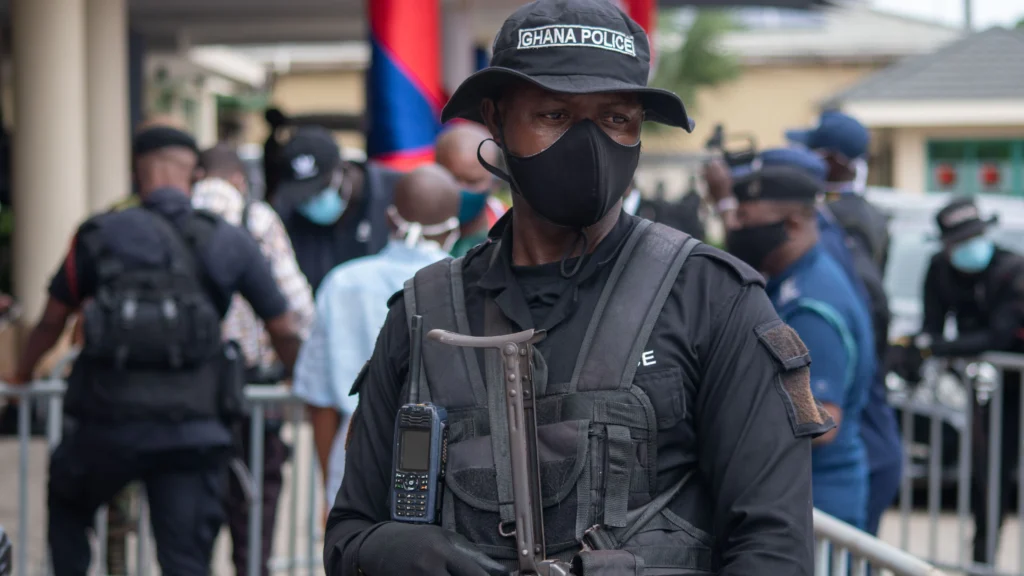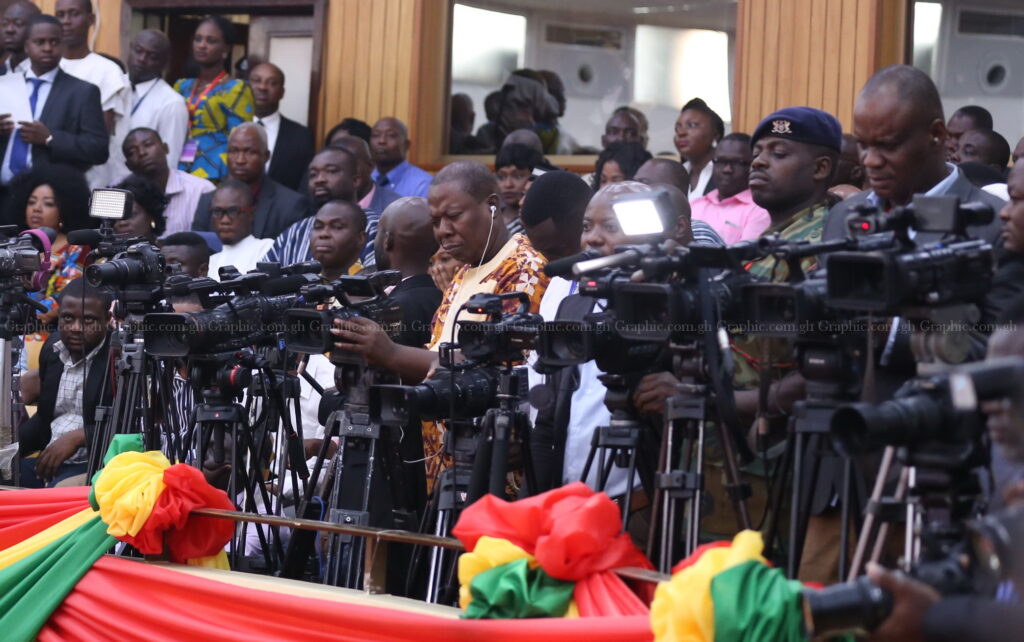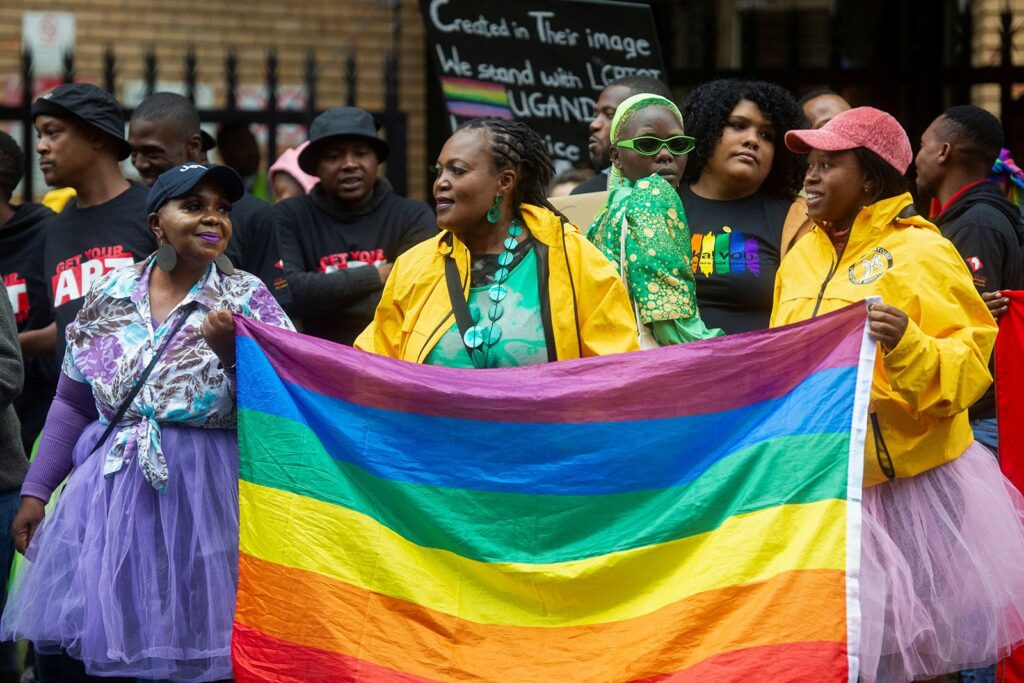In a recently released report by the US State Department, Ghana continues to grapple with significant human rights challenges, including arbitrary detentions, threats to press freedom, and inadequate enforcement of laws protecting vulnerable groups
The 2024 Country Reports on Human Rights Practices, released earlier this year, describes no major shifts in the overall human rights landscape in the country during 2024.
However, it points to credible reports of arbitrary arrests, restrictions on freedom of expression, and violence against journalists as key concerns.
The government, the report states, took only limited steps to investigate and punish officials involved in abuses.
“There were no significant changes in the human rights situation in Ghana during the year,” the executive summary notes, underscoring a pattern of stagnation rather than deterioration or improvement.
Police Abuses and Prolonged Detentions

One of the report’s focal points is respect for the integrity of the person, where it documents credible instances of police misconduct.
While there were no reports of arbitrary or unlawful killings by government agents, the document cites cases of beatings and abuse of suspects to extract confessions.
In February 2024, for example, media outlets reported that police in Accra inflicted bodily harm on a robbery suspect during interrogation. Victims often hesitate to file complaints, and police typically deny allegations or justify the force used.
Prolonged pretrial detention remains a serious problem, with some individuals held for up to 11 years without charges.
A notable case involved a person accused of “unnatural carnal knowledge” — a term often linked to Ghana’s colonial-era laws criminalizing same-sex relations — who was detained beyond the legal 48-hour limit in January 2023, shuffled between stations, and threatened with prosecution despite a lack of evidence.
The case was eventually dropped.
Press Freedom Under Threat

Freedom of expression and media rights, while constitutionally protected and generally respected, faced notable setbacks.
The report details harassment of journalists and academics by political operatives, leading to self-censorship.
A high-profile incident occurred on Jan. 27, 2024, when Farouk Aliu Mahama, a member of Parliament from the ruling New Patriotic Party, and his supporters assaulted Mohammed Alabira, a correspondent for Citi FM/TV, during coverage of a party primary in Yendi.
The attack, captured live, drew condemnation from the Ghana Journalists Association, which called for Mahama’s arrest.
No charges were filed by year’s end.
Laws criminalizing the spread of false information online, with penalties up to five years in prison, further chill free speech.
Journalists in smaller or politically aligned outlets often self-censor to avoid legal repercussions or threats, the report says.
Discrimination and Societal Abuses: Focus on Women, Children, and LGBTQ
In addressing discrimination, the report emphasizes abuses against women and children.
It stated that female genital mutilation or cutting (FGM/C), which is prohibited by law, still persists due to weak enforcement.
The Ministry of Gender, Children, and Social Protection estimates a national prevalence rate of 3.8 percent, rising to 27.8 percent in the Upper East Region.
Efforts to combat the practice, particularly in northern areas, have been inconsistent.
Child marriage, illegal under 18, continues unchecked in regions like the North, North East, Upper East, Savannah, and Volta.
The government’s National Strategic Framework on Ending Child Marriage (2017-2026) aims to empower girls through education, but implementation has been uneven.
Information on discrimination against ethnic groups, persons with disabilities, or the LGBTQ+ community is sparse, though the aforementioned detention case hints at societal and legal pressures on sexual minorities.

Ghana’s parliament passed a bill in February 2024 — after the report’s coverage period — that would further criminalize LGBTQ+ activities, drawing international criticism and highlighting a potential area of future concern.
Enforcement of Worker Rights Lags in Informal Sector
Worker protections form a substantial part of the report, revealing strengths in legal frameworks but weaknesses in practice.
Workers can form unions and bargain collectively, except in security sectors, but antiunion discrimination persists with inadequate penalties. Strikes are restricted in essential services, and union registration fees are often prohibitively high.
The minimum wage rose to 18.15 cedis ($1.27) per day in 2023, above the poverty line, but violations are rampant, especially in the informal sector, which employs 86 percent of the workforce.
The 40-hour workweek and occupational safety standards apply unevenly, with dangerous conditions common in illegal mining due to corruption and poor oversight. Inspectors issue warnings rather than fines, and penalties, when applied, are insufficient.
Broader Context and Outlook
Ghana’s human rights record remains among the best in the region, with no reports of enforced disappearances, coerced population control, or widespread governmental killings.
Positive aspects include constitutional safeguards and active civil society groups like the Ghana Journalists Association.
The State Department urges greater accountability, including prosecutions for abuses and bolstered enforcement of existing laws.
This article was edited with AI and reviewed by human editors





